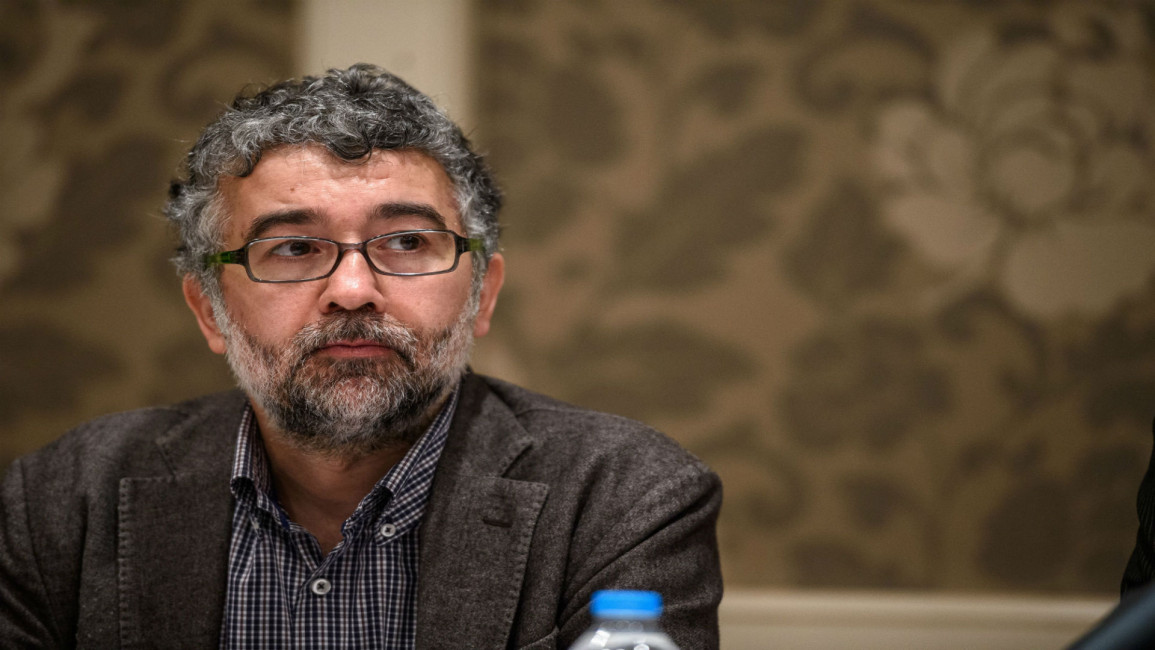Turkey detains Reporters Without Borders representative over 'terrorist propaganda'
Turkish authorities on Monday arrested the representative for international rights group Reporters Without Borders (RSF) on "terrorist propaganda" charges, in the latest crackdown on the media in the country.
Erol Onderoglu was charged, along with journalist Ahmet Nesin and rights activist Sebnem Korur Financi, for taking part in a campaign of solidarity with a pro-Kurdish newspaper in Turkey in May, media reports said.
RSF swiftly condemned the detention of the three in a post on Twitter.
"Unbelievable low for press freedom in Turkey. Free Erol!" said the tweet from the Paris-based organisation's eastern Europe and central Asia desk.
The arrests come despite the European Union pressuring Ankara to narrow its definition of terror to stop prosecuting academics and journalists for publishing "terror propaganda".
The three had in May taken symbolic control of pro-Kurd newspaper Ozgur Gundem, which is accused by Turkish authorities of being linked to the outlawed Kurdistan Workers’ Party (PKK), sparking a judicial enquiry against them.
Turkey has been waging an offensive against the PKK after the collapse in 2015 of a two-year ceasefire declared by the group.
Crackdowns on journalists have increased in Turkey over the past year.
In March, authorities took control of the Zaman Daily, one of the country’s largest circulation opposition newspapers after police stormed its headquarters during a dramatic midnight raid.
Almost 2,000 journalists, bloggers and ordinary citizens, including high school students, have found themselves prosecuted on accusations of insulting President Recep Tayyip Erdogan.
Independent pro-Kurdish television channel IMV TV was taken off air in Turkey following accusations that it broadcast "terrorist propaganda" for militants.
Over 40,000 people have been killed since the PKK took up arms in 1984 demanding a homeland for Turkey's biggest minority. Since then, the group has pared back its demands to focus on cultural rights and a measure of autonomy.



